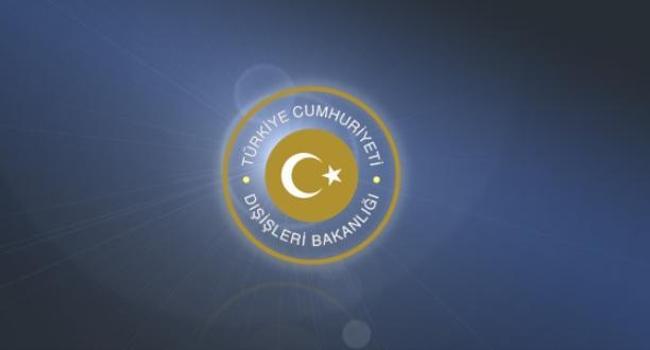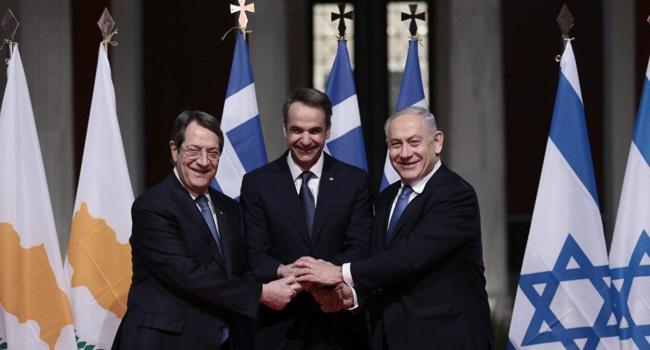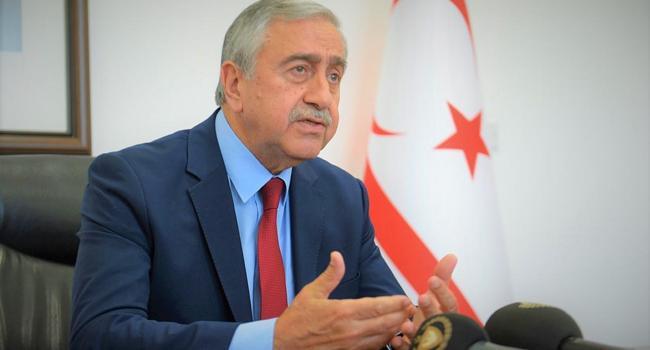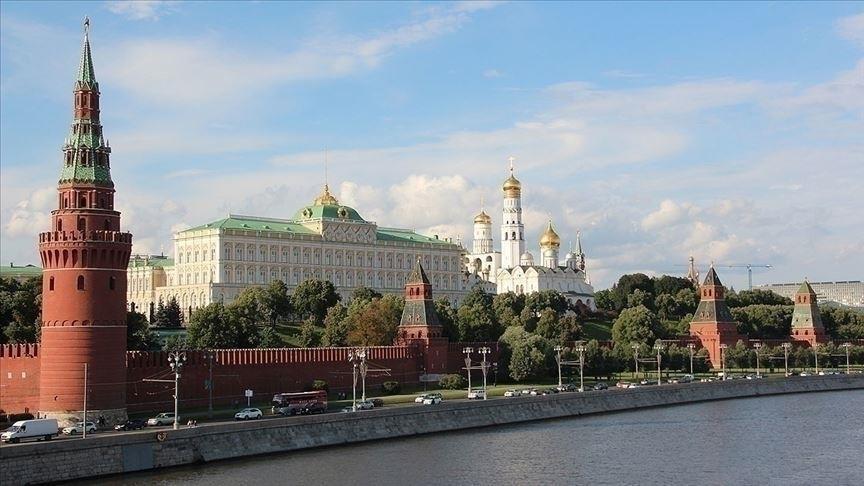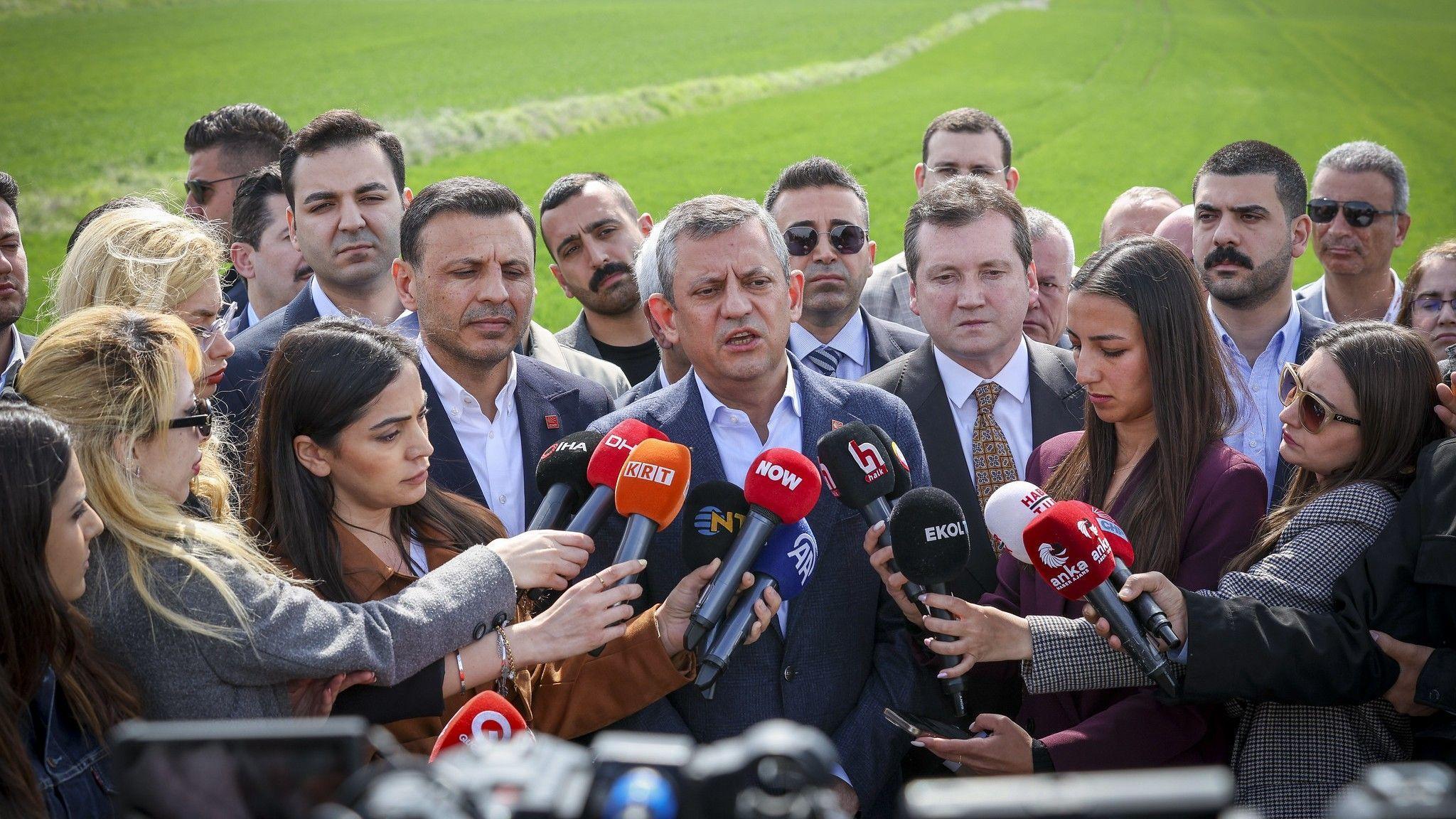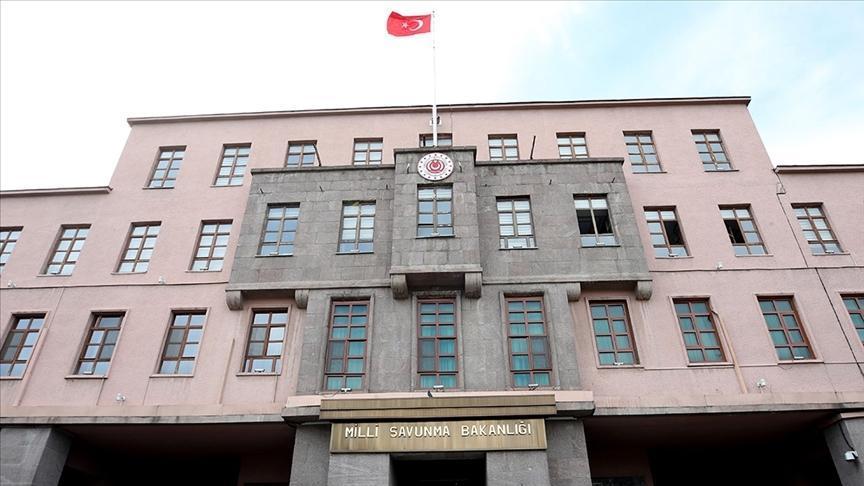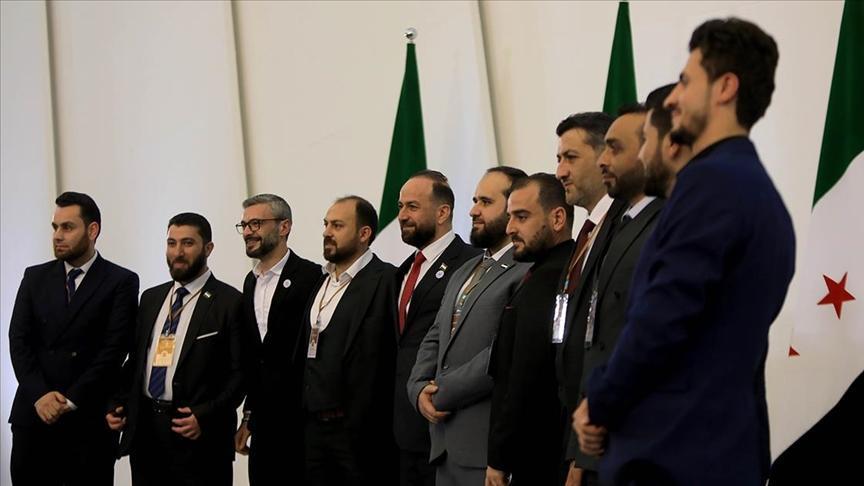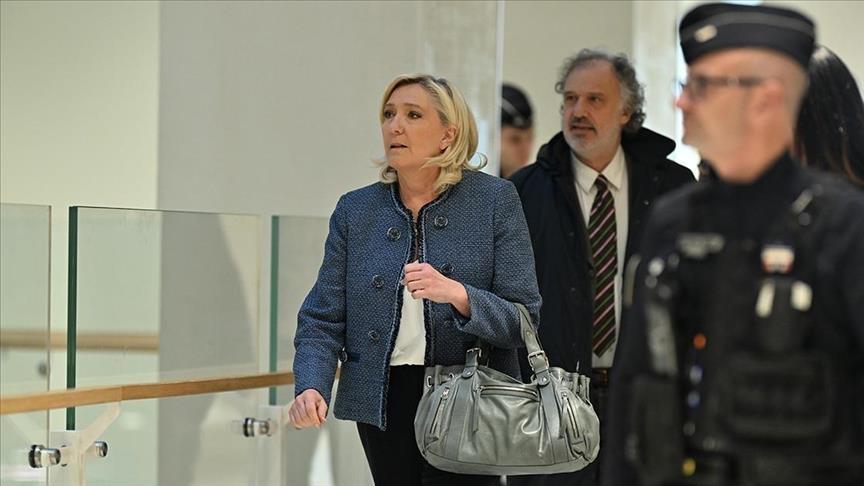Nothing can be achieved by excluding other states in region, Turkish Cyprus FM says
ISTANBUL
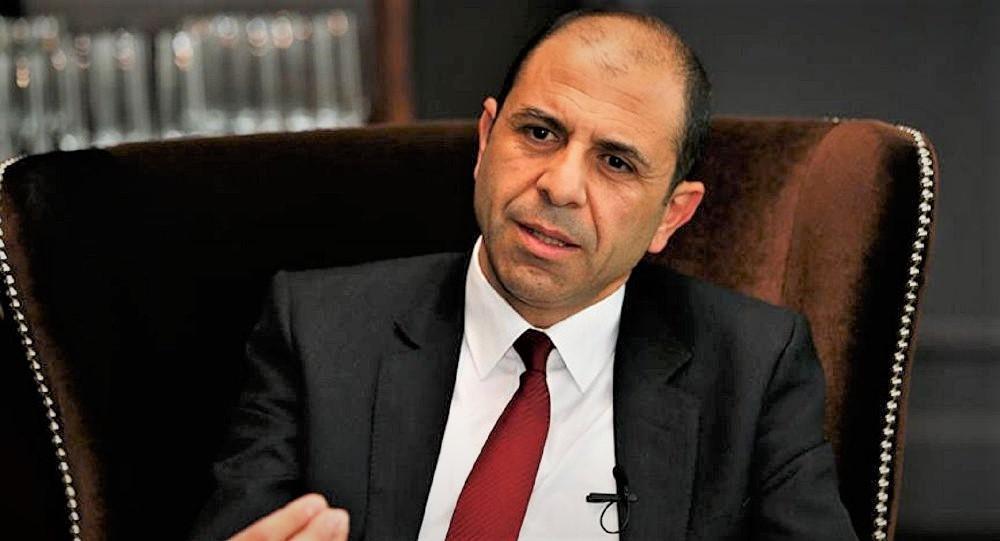
Turkish Cyprus Foreign Minister Kudret Özersay said on Jan. 5 that the developments in the Eastern Mediterranean and Middle East had seriously upgraded the importance of Turkish Cyprus.
“Turkish Cypriot people and the Turkish Cyprus which reflects its will, has started to become a regional actor without having to wait for a comprehensive solution. Its moves and positions are watched closely,” Özersay said in a written statement.
East Mediterranean gas pipeline project can't succeed, Ankara says

Özersay added that even though the latest developments carried the risk of disrupting regional peace and stability, it also brought with it various opportunities.
“Approaches for regional cooperation which include all actors could contribute to peace and stability in the eastern Mediterranean. There are problems associated with recognition and non-recognition in the region, particularly when it comes to the case of Cyprus,” Özersay said.
“What is clear is that nothing can be achieved by excluding states which exist in the region but are not recognized by other states. That is why the only way forward is cooperation,” Özersay added.
EastMed won't be realized without Turkish approval, Turkish Cypriot premier says

He also pointed out that the Turkish Cyprus will continue to take coordinated steps with guarantor Turkey.
Özersay said that the Turkish Cyprus will continue to refrain from moves which might trigger conflict and will take steps towards regional cooperation and set a balance.
“There has been an increase in our unofficial diplomatic efforts. It is up to us to transform instability into opportunity. This is what we are working for,” he added.
Turkish Cypriot leader says EastMed project costly, not conducive to Cyprus settlement

The 2,000-kilometer (1,200-mile) pipeline will be able to transfer between nine and 12 billion cubic meters a year from offshore gas reserves between Israel and Greek Cyprus to Greece, and then on to Italy and other southeastern European countries.
Turkey argues that the Greek Cypriot government should not have started gas explorations before reaching a settlement in reunification talks with the Turkish Cypriots, and that the mineral wealth belonged to both communities.
It is estimated that the transfer cost of the natural gas would be three times cheaper if the pipeline passes through Turkey.
In 1974, following a coup aiming at Cyprus’ annexation by Greece, Ankara had to intervene as a guarantor power. In 1983, Turkish Cyprus was founded.
The decades since then have seen several attempts to resolve the dispute, all ending in failure. The latest one, held with the participation of the guarantor countries Turkey, Greece, and the U.K., ended in 2017 in Switzerland.

